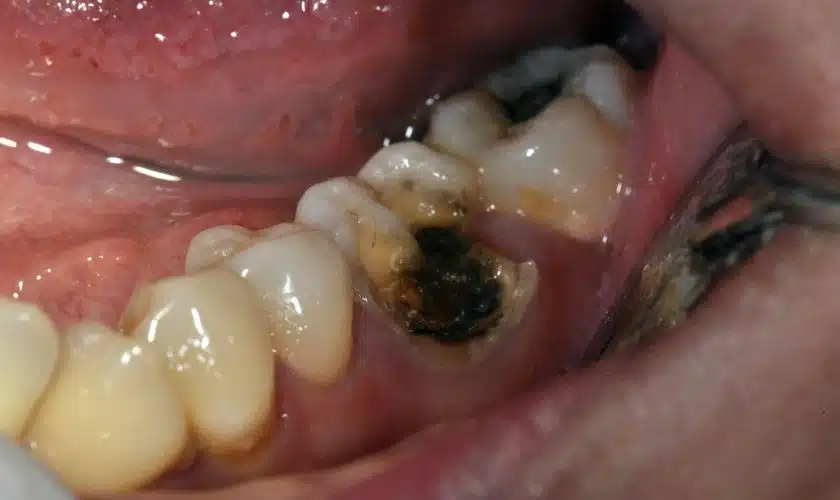Introduction
If you have cavities and are thinking about getting them filled before your next teeth whitening appointment, it’s a good idea to do so. The color of your tooth fillings will no longer match the shade of your teeth once you’ve had them whitened. In addition, the whitening product won’t affect the filling in any way; however, if you don’t have cavities yet but plan on getting them filled later down the line then this isn’t as important for other types of fillings (like metal ones).
Cavities can be filled with metal fillings, tooth colored fillings or crowns.
Cavities can be filled with metal fillings, tooth colored fillings or crowns. Metal fillings are the most common filling material and are used for both root canals and other damaged teeth. Tooth colored fillings are less common than metal, but some people prefer them because they’re lighter in color and don’t require removal like other types of fillings do (such as veneers).
There are many options when it comes to restoring your smile after a cavity is filled:
If you decide to whiten your teeth first, the shade of your fillings will no longer match the shade of your teeth.
If you decide to whiten your teeth first, the shade of your fillings will no longer match the shade of your teeth. This is because the whitening product doesn’t change or affect the color of any existing materials in your mouth.
The only difference is that after they are removed and replaced with new ones, they will be darker than before because they have been exposed to chemicals used during dental procedures such as filling work or tooth extraction surgery.
The whitening product will not affect the filling in any way.
The whitening product will not affect the filling in any way.
The whitening product will not affect the color of the filling.
The whitening product will not affect the strength of the filling.
The whitening product will not affect longevity of your teeth by making them more susceptible to decay or wear over time (like with crowns).
If you currently have cavities and plan to whiten, fill them now.
If you have cavities and plan to whiten, fill them now.
In addition to the fact that it’s important for your teeth to be as healthy as possible before undergoing tooth-whitening treatment, it’s also not a bad idea to clean out any existing decay if there are any visible signs of decay on your mouth at all. This can help prevent future problems from occurring in the first place.
Conclusion
If you’ve been thinking about having your cavities filled, but have been hesitant because of the potential cost or time involved, we encourage you to go ahead and do it. In our experience, having a filling done can be worth it in the long run. You may even find that your teeth become whiter than they were before they were whitened!
FAQs:
- Should I have cavities filled before teeth whitening?
Generally, it is recommended to have cavities filled before teeth whitening as the teeth whitening process can make teeth very sensitive and fillings may come loose. It is important to discuss any teeth whitening options with your dentist and get their advice, as they will be able to assess the condition of your teeth and provide the best treatment. - What should I expect teeth whitening before and after?
Before teeth whitening, your teeth should be free of plaque and tartar. Your dentist can clean teeth before teeth whitening to ensure that teeth are healthy and teeth whitening will be effective. After teeth whitening, teeth may remain sensitive for a few days and you should avoid foods and drinks that could stain teeth. Your teeth may also become slightly darker with time, but this can be avoided by using teeth whitening products or maintaining regular teeth whitening sessions. - How long does teeth whitening last?
The amount of time teeth whitening lasts will depend on a variety of factors, such as teeth sensitivity, how often teeth are whitened and the type of teeth whitening product used. Teeth whitening usually lasts anywhere from 6 months to a year, and it may be necessary to repeat teeth whitening sessions or use teeth whitening products more often to maintain teeth whitening results.

